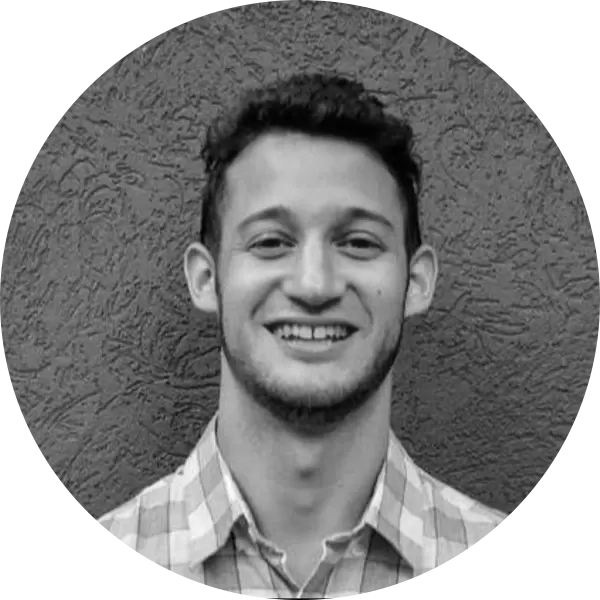In silico materials development: Integrating atomistic simulation into academic chemistry and engineering labs
- November 14th, 2023
- 12:00 PM PT / 3:00 PM ET / 8:00 PM GMT
- Virtual
Computational chemistry is ubiquitous in academic research in chemistry, materials science, and engineering. Applied molecular modeling can drive or supplement a research project – accelerating discovery processes, minimizing the need for extensive experimental testing, and providing atomic scale insights.
In this webinar, we will explore Schrödinger’s leading physics-based and machine learning computational technologies and provide a comprehensive introduction to the capabilities of computational modeling in chemistry, materials science, and engineering.
We will discuss workflows and applications for polymeric materials, electronics, aerospace, renewable energy, catalysis, and formulations.
-
- Molecular and periodic quantum mechanics (DFT) for property prediction and reaction mechanism elucidation
- Accelerated polymer modeling with all-atom molecular dynamics
- Coarse-grained methods to explore larger systems and longer timescales
- Advanced machine learning models for new material discovery
- Educational and training resources, such as Schrödinger’s seven online materials science certification courses
Following the webinar, the speaker will also be available to answer questions. Whether you are a student, an early career researcher, or an established expert seeking to expand your field of knowledge, this webinar promises to be a valuable resource for all levels of expertise interested in staying at the forefront of computational modeling in materials science.
In silico materials development: Integrating atomistic simulation into academic chemistry and engineering labs
Our Speaker

Dr. Michael Rauch
Principal Scientist I Schrodinger
Dr. Michael Rauch is a Principal Scientist I at Schrödinger specializing in materials science and education. Michael earned his Ph.D. from Columbia University in synthetic organometallic chemistry as an NSF Graduate Research Fellow before pursuing a postdoctoral role in organic chemistry at the Weizmann Institute of Science as a Zuckerman Postdoctoral Scholar. Michael is particularly interested in green, sustainable chemistry and transforming the way that synthetic chemists utilize molecular modeling via practical education.